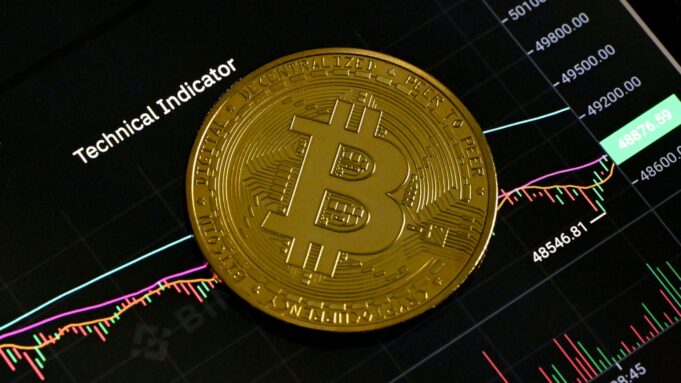The world of finance is constantly evolving, and the introduction of digital cash has revolutionized the way we carry out transactions. The genesis block – the first block in a blockchain – is the starting point of this digital revolution. In this article, we will explore the genesis block and its significance in the quest for digital cash.
The Genesis Block
The genesis block was created by Satoshi Nakamoto in 2009, marking the birth of the bitcoin blockchain. The block was mined on January 3rd, 2009, and contained a message that read, “The Times 03/Jan/2009 Chancellor on brink of second bailout for banks.” This message is significant as it highlights the flaw in the traditional banking system and the need for a decentralized currency.
The genesis block was created using a Proof of Work (PoW) algorithm, which involves solving complex mathematical equations to verify transactions. This process is known as mining, and miners who successfully solve the equations are rewarded with newly minted bitcoins. The PoW algorithm ensures the security of the blockchain and prevents fraudulent activities.
The genesis block serves as the foundation of the bitcoin blockchain, and every subsequent block is linked to it. The blockchain is essentially a digital ledger that records all transactions made on the network. Each block contains a set of transactions, and once a block is verified, it is added to the blockchain. This process creates an unalterable record of all transactions, ensuring transparency and security.
The Quest for Digital Cash
The genesis block paved the way for the creation of digital cash, a decentralized currency that operates independently of governments and financial institutions. The traditional banking system is centralized and controlled by a few individuals, making it vulnerable to manipulation and corruption. Digital cash, on the other hand, is decentralized, making it more secure and transparent.
The quest for digital cash began with the creation of bitcoin, but it has since been followed by numerous other cryptocurrencies, including Ethereum, Litecoin, and Ripple. Each cryptocurrency has its own unique features and use cases, but they all share a common goal – to create a decentralized financial system.
Digital cash has numerous advantages over traditional currency. It is faster, cheaper, and more secure. Transactions can be carried out instantly, without the need for intermediaries. This reduces transaction fees and makes it more accessible to people who do not have access to traditional banking services. Additionally, digital cash is not subject to inflation, as there is a finite supply of most cryptocurrencies.
The adoption of digital cash has been slow, but it is gaining momentum. More and more businesses are accepting cryptocurrencies as a form of payment, and governments are starting to recognize their potential. For example, El Salvador recently became the first country to adopt bitcoin as legal tender.
The Future of Digital Cash
The future of digital cash is uncertain, but it is clear that it has the potential to revolutionize the financial industry. As more people become aware of the benefits of digital cash, its adoption is likely to increase. However, it still faces some challenges.
One of the biggest challenges facing digital cash is regulation. Governments and financial institutions are wary of decentralized currencies, as they are difficult to control. This has led to some countries banning cryptocurrencies altogether. However, as more countries recognize the potential of digital cash, it is likely that regulations will become more favorable.
Another challenge facing digital cash is scalability. The blockchain technology that underpins cryptocurrencies is still in its early stages, and it can only handle a limited number of transactions per second. This has led to slow transaction times and high fees during times of high demand. However, there are numerous projects underway to increase the scalability of blockchain technology, which could solve this problem.
Conclusion
The genesis block marked the birth of digital cash and the beginning of a quest for a decentralized financial system. Digital cash has numerous advantages over traditional currency, and its adoption is slowly increasing. However, it still faces challenges, including regulation and scalability. The future of digital cash is uncertain, but it has the potential to revolutionize the financial industry and create a more transparent and secure financial system.

























